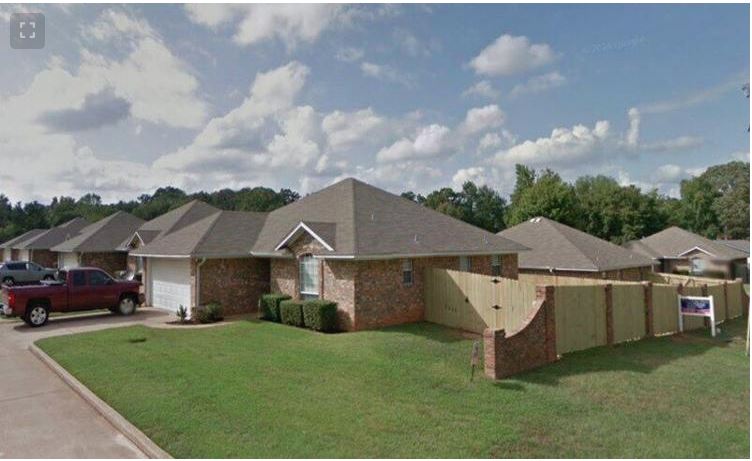CBRE is predicting a record-setting year for investment in commercial real estate in 2022, thanks to pent-up demand from the COVID-19 pandemic, major fiscal stimulus projects and a rebound of big cities and downtowns. That’s the good news in the company’s latest look at the state of the country’s commercial real estate market, the 2022 U.S. Real Estate Outlook.
How busy is 2022 expected to be? CBRE says that it expects to see a 4.6 percent gain in U.S. gross domestic product next year as businesses and real estate continue their recovery from COVID-19 and any government restrictions that have resulted from it. Investment volumes are expected to increase by 5 percent to 10 percent for the year as low-interest rates and a rebound of international travel fuel demand.
And in good news for big cities, CBRE predicts that downtowns will bounce back as international travel and society’s gradual return to the office boost demand for offices, stores, restaurants and apartments.
“Our outlook for U.S. commercial real estate next year is positive due to a number of tailwinds overriding deterrents such as inflation,” said Richard Barkham, CBRE’s Global Chief Economist and Head of Americas Research, in a statement. “COVID-19 flareups still pose a risk, but governments and health authorities appear to have made progress in containment and treatment. We see this rising tide further buoying the capital markets, multifamily and industrial and logistics sectors and aiding the burgeoning recoveries of the retail and office sectors.”
CBRE anticipates that federal policy measures such as spending on infrastructure and social programs will add momentum to economic growth. Meanwhile, inflation will moderate through 2022 so that it amounts to 2.2 percent across the full year. CBRE foresees the Federal Reserve starting to raise the Federal Funds Rate by the end of 2022.
And how will individual CRE sectors fare?
Capital Markets:
CBRE says that investment volumes should increase by 5 percent to 10 percent. Industrial and logistics and multifamily remain the darlings, but investment in office and retail will perk up for the right assets in the right markets. Capitalization rates will hold steady as strong demand for assets offsets eventual interest-rate increases.
Office and Occupier:
The office market will remain favorable for occupiers because of elevated vacancy rates. The gradual recovery of office demand and leasing activity will carry over into 2022, although the timing of the large-scale return to the office may be affected by the omicron variant. Employers will favor buildings with numerous amenities and collaboration space to appeal to employees. The life-sciences sector has emerged as a growth leader, with both lab rents and the construction pipeline at record highs.
Retail:
CBRE is predicting a solid year for retail in 2022, estimating 10-year highs for leasing and investment activity in U.S. retail real estate next year. Retailers will benefit from pent-up demand fueled by the personal savings that consumers built up during the pandemic. Investors will favor grocery-anchored centers, neighborhood centers, open-air centers and single-tenant, drive-through buildings.
Industrial and Logistics:
This sector should enjoy another banner year in 2022, propelled by e-commerce growth and retailers storing more inventory as a hedge against supply chain disruptions. High transportation costs should ease as congestion at U.S. ports and other supply chain links slowly resolves throughout 2022. Third-party logistics firms will benefit from increased outsourcing of logistics functions.
Multifamily:
CBRE sees U.S. multifamily occupancy remaining above 95 percent and net effective rents growing by 7 percent in 2022. Construction completions will hit a new high of more than 300,000 units, reining in performance of high-quality complexes. Occupancy in urban apartments continues to recover as the pandemic recedes.










